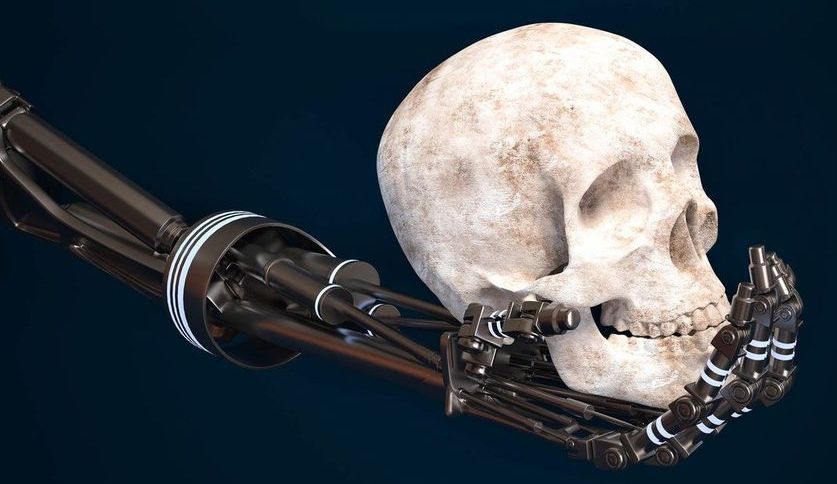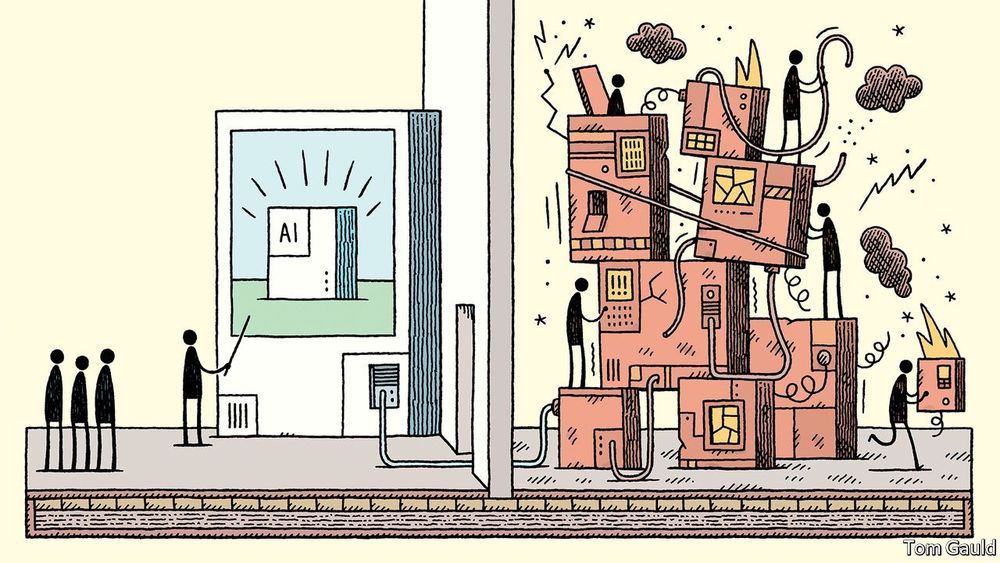What does this have to do with AI self-driving cars?
AI Self-Driving Cars Will Need to Make Life-or-Death Judgements
At the Cybernetic AI Self-Driving Car Institute, we are developing AI software for self-driving cars. One crucial aspect to the AI of self-driving cars is the need for the AI to make “judgments” about driving situations, ones that involve life-and-death matters.








